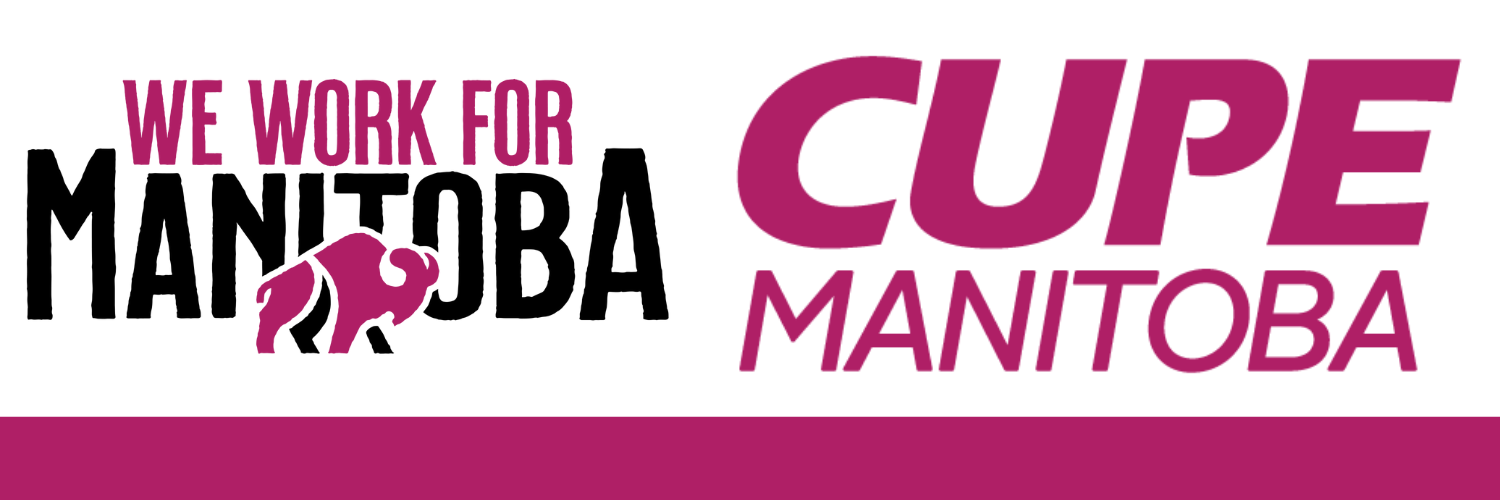On November 16, 2022, CUPE’s Ontario School Boards Council of Unions (OSBCU) central bargaining committee, representing 55,000 frontline education workers, provided 5 days notice of a potential province-wide strike.
The School Boards Collective Bargaining Act requires that workers employed by school boards give five days’ notice before beginning a job action. The November 16th notice from education workers means a strike is possible starting on Monday, November 21st if no deal is reached.
While OSBCU has indicated that they have reached a middle ground with the Ford government and the Council of Trustees’ Associations (CTA) on wages, the government has refused to commit to invest in the services that students need, and parents expect.
“From the beginning, we’ve been focused on improved jobs for education workers and improved services for students. For us, there is no one without the other,” said Laura Walton, educational assistant, and president of CUPE-OSBCU. “It’s incredibly disappointing that the Ford government categorically refused to put money on the table to give students the type of learning environment they need.”
If a deal is not reached, and Ontario education workers do start strike action as early as Monday, November 21st, it will be the second time that Ontario education workers have been forced to walk off the job this month.

Background
On November 4, 2022, CUPE education workers across Ontario walked off the job in protest of Bill 28 – the Ford Conservative government’s legislation that stripped CUPE education workers of the right to strike and collectively bargain.
Courts have repeatedly held that the Canadian Charter of Rights and Freedoms provides citizens with the right to free and fair collective bargaining and that governments cannot use their legislative power to remove those rights. The Ford government’s legislation invoked the Notwithstanding Clause of the Charter, a seldom-used provision designed for situations of competing rights or national emergencies, to pre-emptively deny workers their fundamental rights.
The broader labour movement quickly rallied behind CUPE in the fight against this encroachment of our fundamental rights. OPSEU education workers also walked out with CUPE in protest of the legislation. Labour leaders from across the country immediately began organizing a response to turn up the heat on the Ford government and were prepared to announce their plans on the morning of November 7th when Doug Ford, facing a united Labour movement and an angry public, held an emergency press conference to announce he would rescind Bill 28 and return to the bargaining table in exchange for CUPE returning to work.
CUPE accepted Ford’s offer and returned to work on November 8th. On November 14th Ford’s government officially repealed Bill 28.
Quick Facts:
Education workers are fighting for guarantees of:
- enough educational assistants so all students get the supports they need and so schools could stop sending kids home because there is not an EA available;
- an early childhood educator in every kindergarten classroom so every four- and five-year-old would get the play-based learning support that is especially necessary now after two years of pandemic isolation;
- enough library workers to make sure school libraries are open and reading opportunities are available to kids all the time;
- enough custodians to keep schools clean and enough maintenance workers and tradespeople to begin to tackle the $16 billion repair backlog; and
- adequate staffing of secretaries in school offices and enough lunchroom supervisors to keep students safe.
The Ford government cut education funding by at least $800 per student over its first term. With two million students in Ontario’s schools, which amounted to a $1.6 billion cut in funding last year alone.

